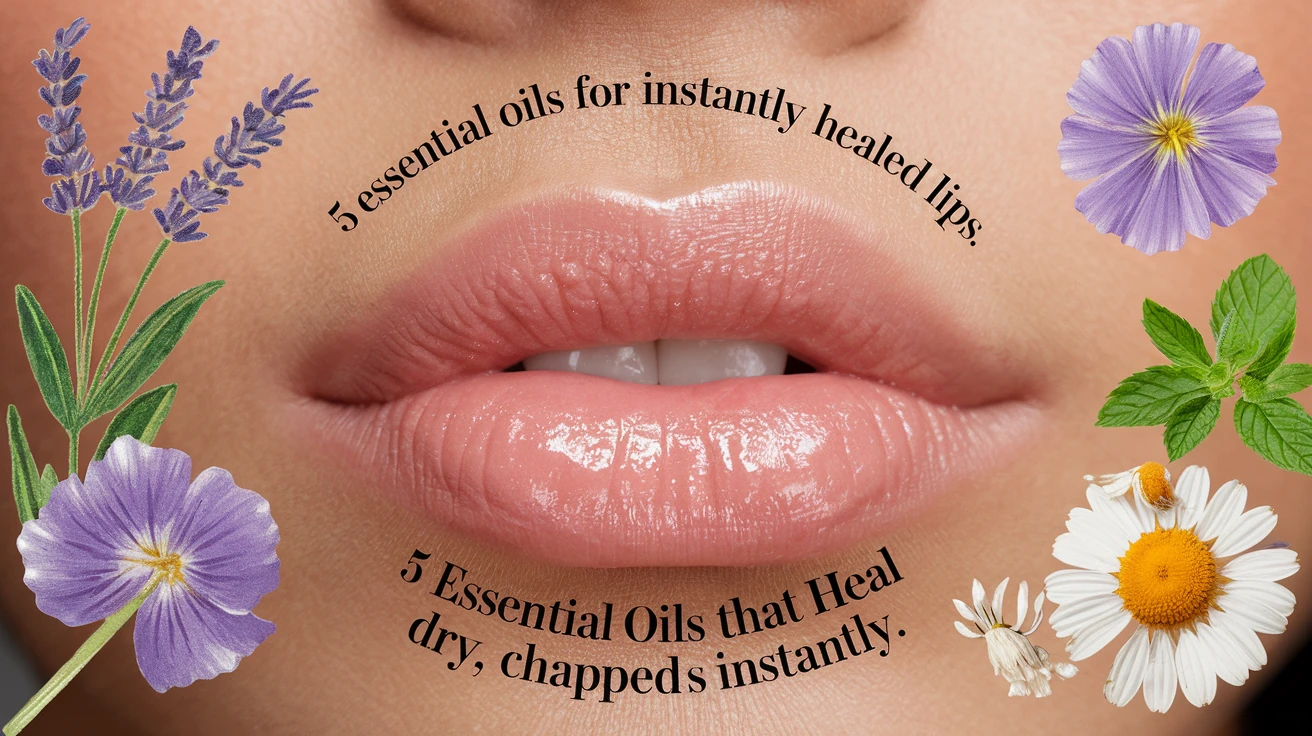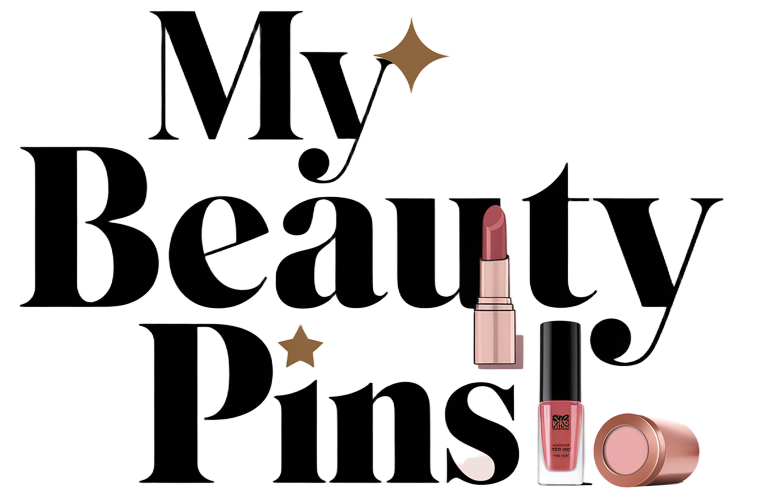
As someone who’s battled with perpetually chapped lips through countless harsh winters, I know firsthand how frustrating and uncomfortable this condition can be. After years of trying various commercial products with minimal success, I discovered the healing power of essential oils. These natural remedies have transformed my lip care routine, and today, I’m excited to share the five most effective essential oils that can help heal your dry, chapped lips instantly. Whether you’re dealing with seasonal dryness or chronic lip problems, these powerful botanical solutions offer relief while nourishing your delicate lip tissue.
Understanding Essential Oils for Lip Care
Before we dive into specific oils, it’s crucial to understand how essential oils work for lip care. These concentrated plant extracts contain powerful healing properties that can help repair, protect, and moisturize your lips. However, proper dilution and application are key to safety and effectiveness.
Proper Dilution Guidelines
| Carrier Oil | Essential Oil Drops | Total Amount |
|---|---|---|
| 1 teaspoon (5ml) | 1-2 drops | For daily use |
| 1 tablespoon (15ml) | 3-4 drops | For batch preparation |
| 2 tablespoons (30ml) | 6-8 drops | For larger batches |
Safety Precautions
- Never apply undiluted essential oils directly to your lips
- Perform a patch test before full application
- Store oils in dark glass bottles away from direct sunlight
- Discontinue use if irritation occurs
- Consult a healthcare provider if pregnant or nursing
The 5 Most Effective Essential Oils for Chapped Lips
1. Lavender Essential Oil: The Gentle Healer
Lavender essential oil has been my go-to solution for years, especially during harsh winters. Its gentle healing properties make it perfect for sensitive lip tissue. The oil contains compounds that promote cell regeneration while providing natural antimicrobial protection.
Benefits:
- Promotes rapid healing of damaged skin
- Reduces inflammation and redness
- Provides natural antimicrobial protection
- Soothes irritation and discomfort
2. Peppermint Essential Oil: Cool Relief
While experimenting with different oils, I discovered that peppermint offers immediate relief from discomfort. Its cooling effect provides instant soothing, while its antimicrobial properties help prevent infection in cracked lips.
| Property | Benefit |
|---|---|
| Cooling sensation | Immediate comfort |
| Antimicrobial action | Prevents infection |
| Circulation boost | Promotes healing |
3. Tea Tree Essential Oil: Nature’s Antiseptic
Tea tree oil has been a game-changer for severely chapped lips. Its powerful antiseptic properties help prevent infection while promoting healing. However, use it sparingly as it can be quite potent.
4. Chamomile Essential Oil: Soothing Comfort
Chamomile essential oil is particularly effective for sensitive lips prone to allergic reactions. Its anti-inflammatory properties provide gentle yet effective relief.
5. Frankincense Essential Oil: Ancient Wisdom
This ancient oil has proven incredibly effective for deep healing and tissue regeneration. It’s particularly beneficial for chronic lip dryness and aging concerns.
Creating Your Own Essential Oil Lip Treatment
Basic DIY Lip Balm Recipe
- 2 tablespoons coconut oil
- 1 tablespoon beeswax pellets
- 1 tablespoon shea butter
- 5 drops lavender essential oil
- 3 drops peppermint essential oil
- 2 drops frankincense essential oil
Instructions:
1. Melt the coconut oil, beeswax, and shea butter using a double boiler
2. Remove from heat and let cool slightly
3. Add essential oils and stir well
4. Pour into small containers
5. Let cool completely before use
Application Tips and Best Practices
| Time of Day | Treatment Type | Duration |
|---|---|---|
| Morning | Light application with SPF | Throughout day |
| Evening | Intensive treatment | Overnight |
| As needed | Spot treatment | 15-20 minutes |
Conclusion
After incorporating these essential oils into your lip care routine, you’ll likely notice significant improvement within days. Remember to be consistent with application and always follow proper dilution guidelines. Your journey to healthy, moisturized lips starts with choosing the right essential oils and using them correctly.
Key Takeaways
- Always dilute essential oils with appropriate carrier oils before application
- Combine different oils for enhanced benefits
- Consistency in application is key to seeing results
- Store your essential oil lip treatments properly to maintain their effectiveness
- Pay attention to your body’s response and adjust accordingly
Frequently Asked Questions
How quickly can I expect to see results?
Most people notice immediate relief from discomfort, with visible improvement in lip condition within 2-3 days of consistent use.
Can I use essential oils if I have sensitive skin?
Yes, but start with gentle oils like lavender and chamomile, and always perform a patch test first.
How often should I apply essential oils to my lips?
Apply diluted essential oils 2-3 times daily, or as needed. Avoid overuse, as this can lead to sensitivity.
Can I combine different essential oils?
Yes, combining oils can enhance their benefits. Just ensure the total amount of essential oils stays within safe dilution ratios.
Are essential oils safe during pregnancy?
Consult your healthcare provider before using essential oils during pregnancy, as some oils may not be recommended.
How should I store my essential oil lip treatments?
Store in dark glass containers away from direct sunlight and heat, preferably in a cool, dry place.
Can children use essential oils for chapped lips?
Use extra caution with children, opting for gentle oils like lavender and chamomile at lower dilutions.
What carrier oils work best for lip treatments?
Jojoba, coconut, and sweet almond oils are excellent carriers for lip treatments due to their moisturizing properties.
Can essential oils replace conventional lip balms?
Yes, properly formulated essential oil lip treatments can be more effective than conventional products.
What should I do if I experience irritation?
Discontinue use immediately and rinse with cool water. If irritation persists, consult a healthcare provider.


